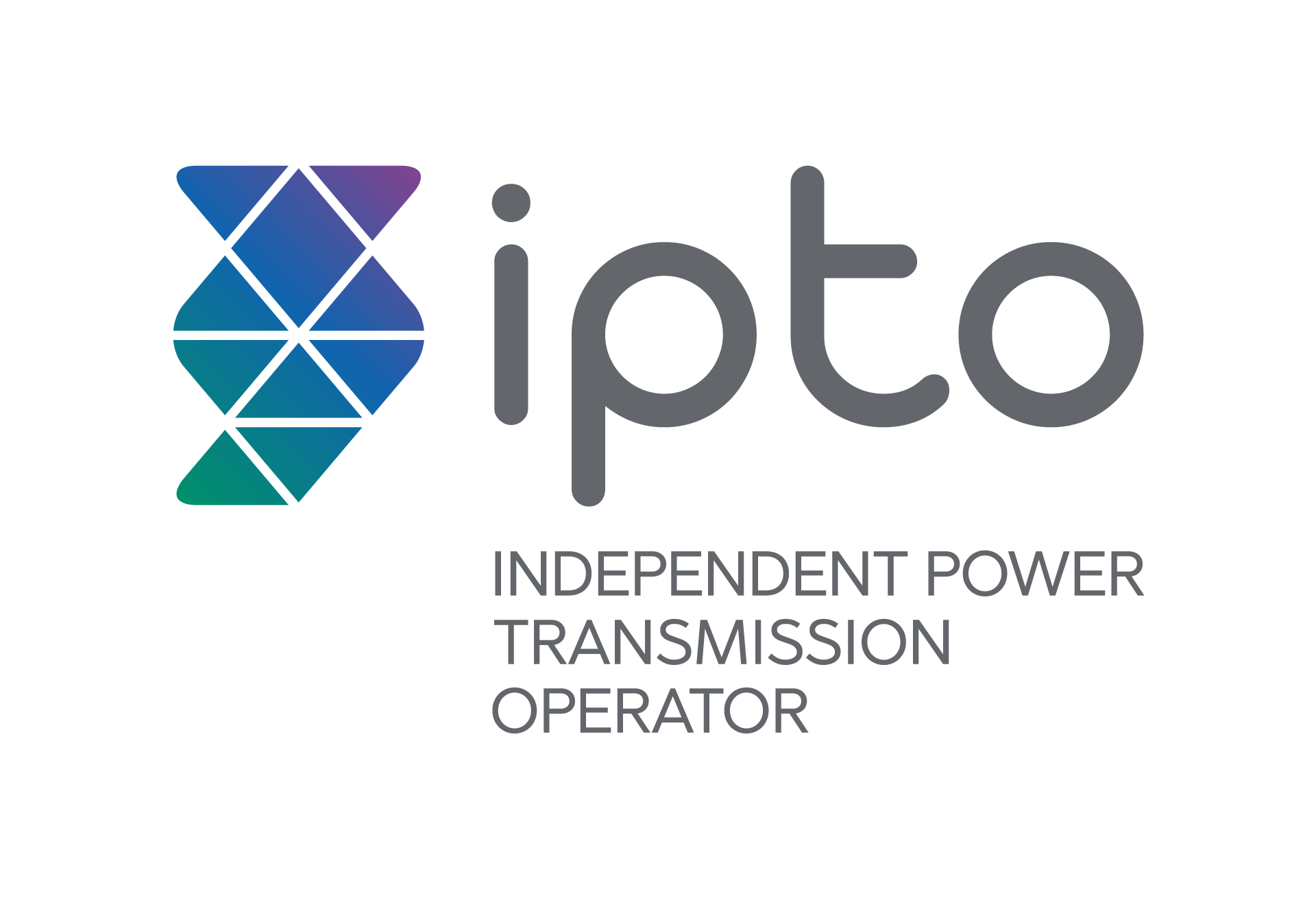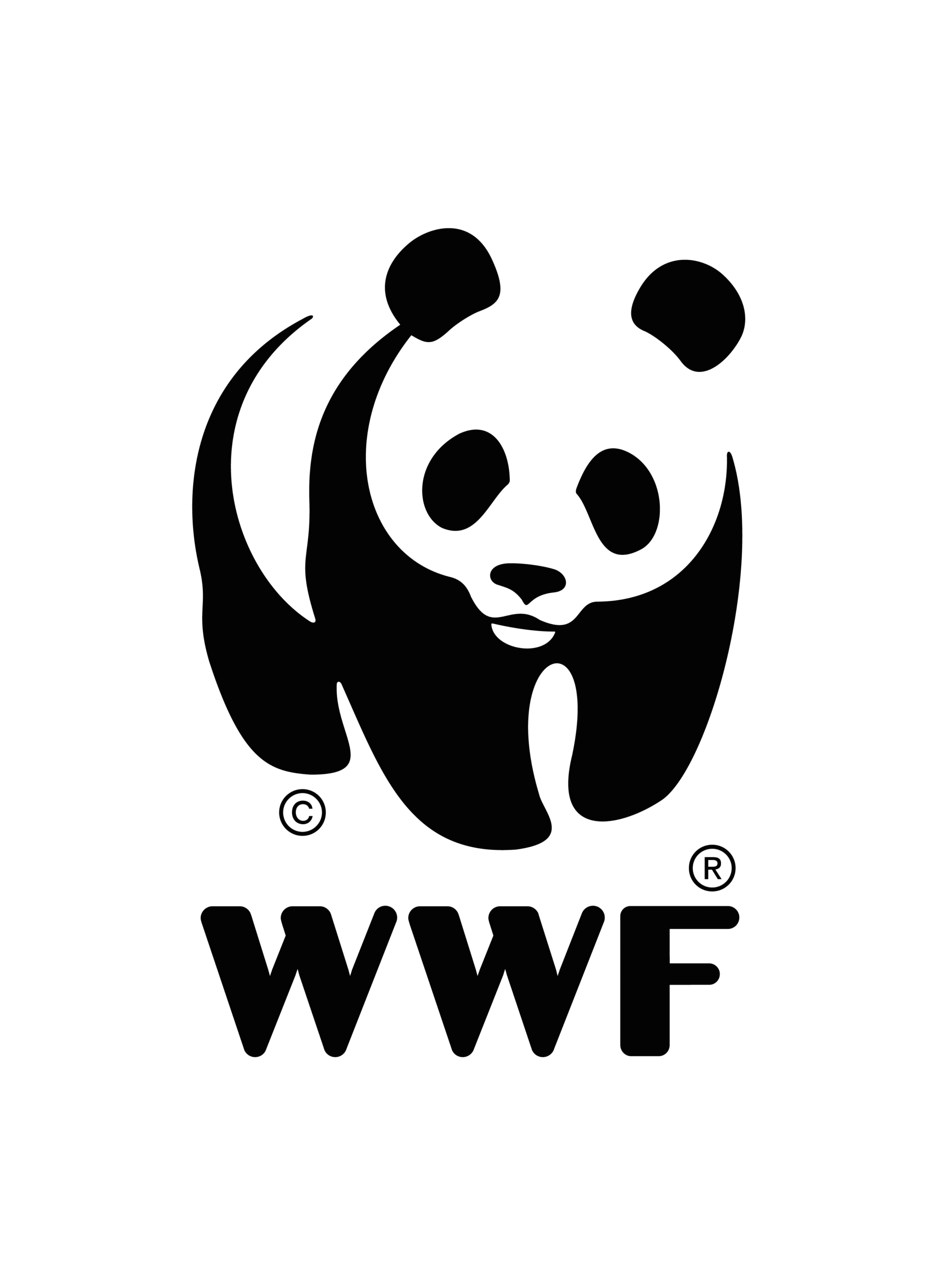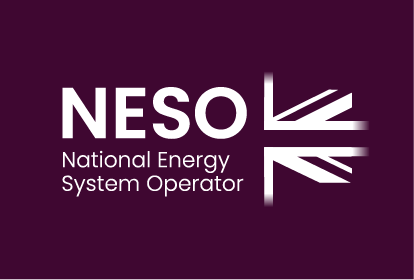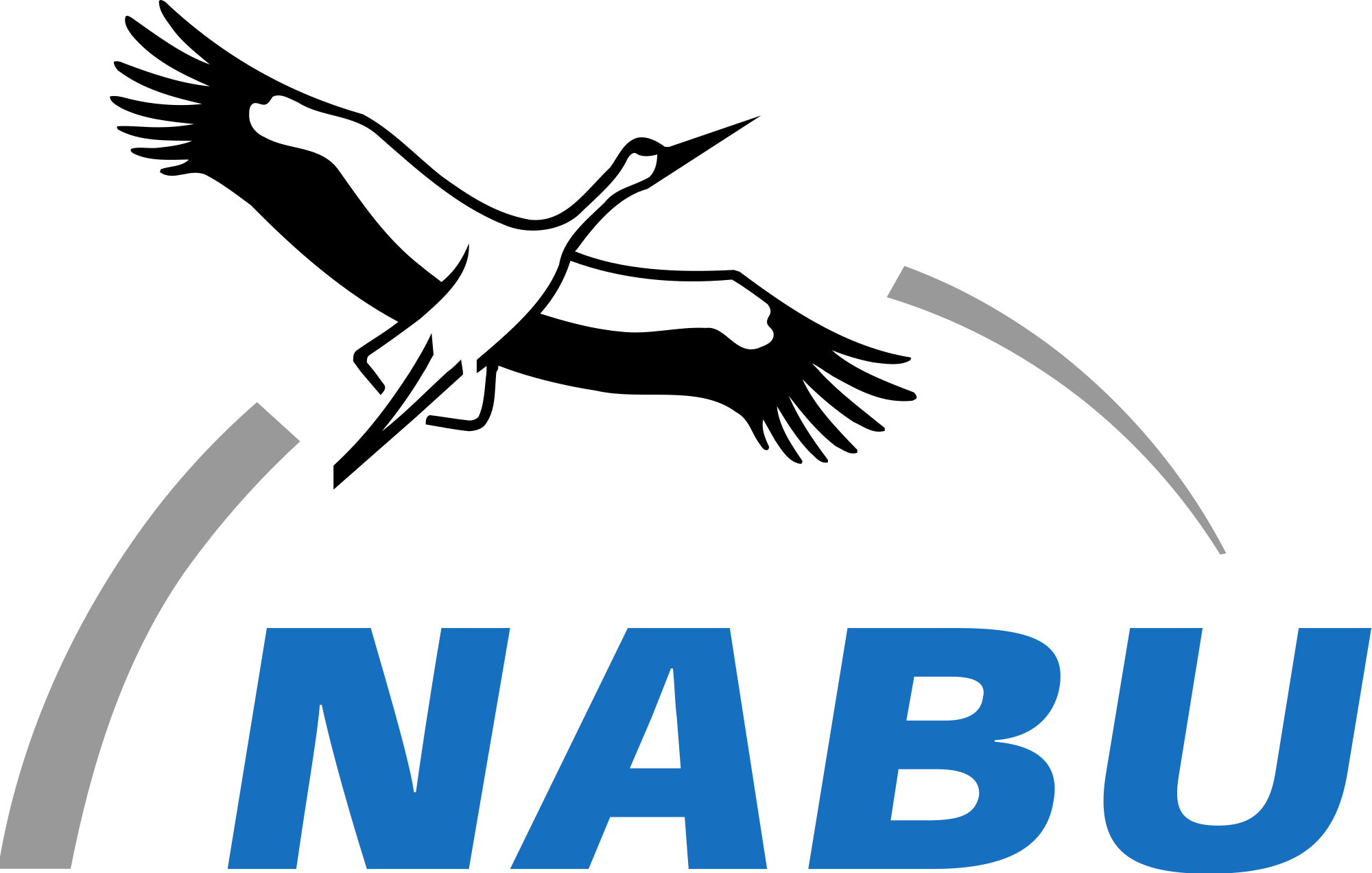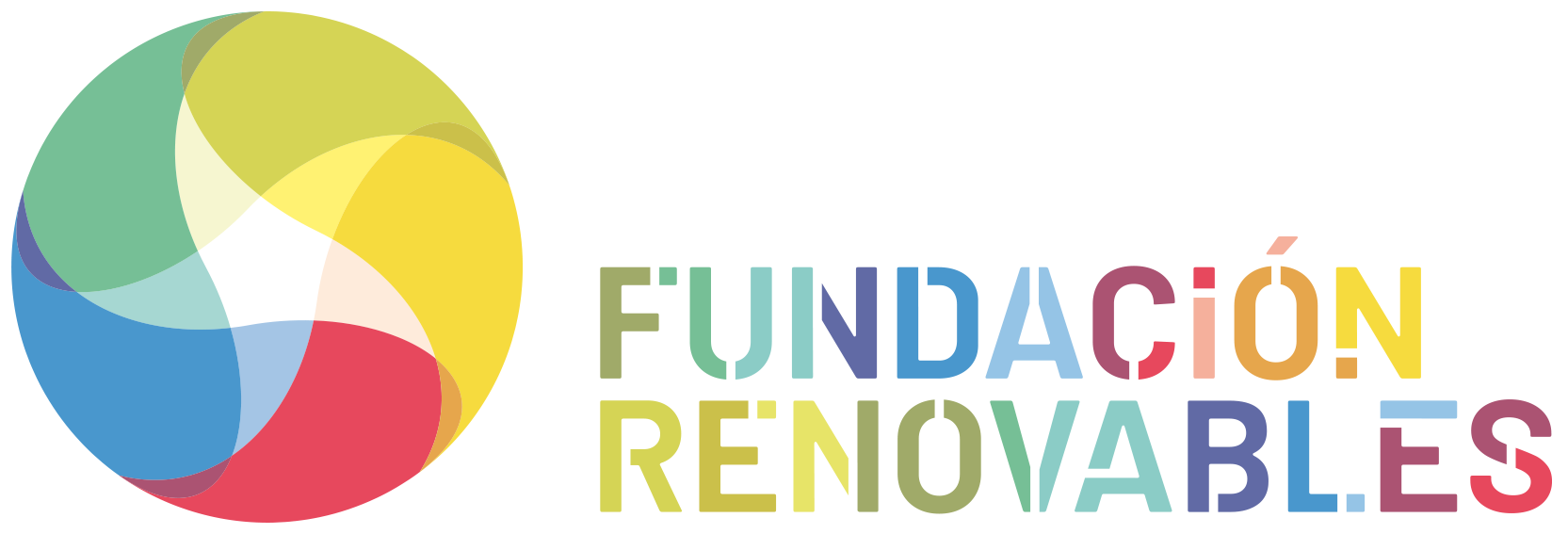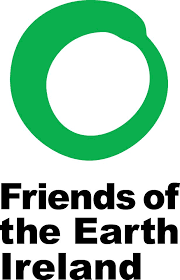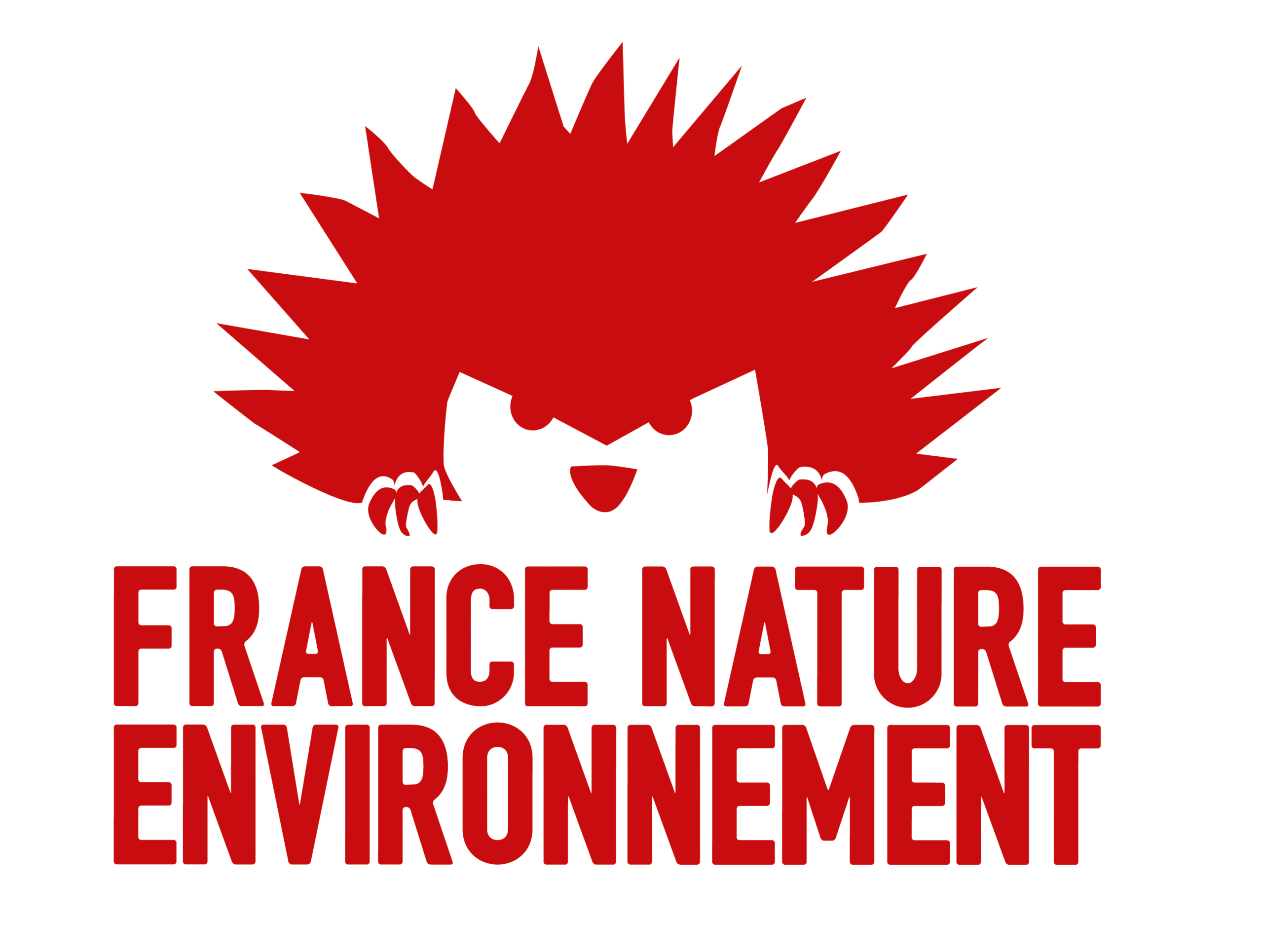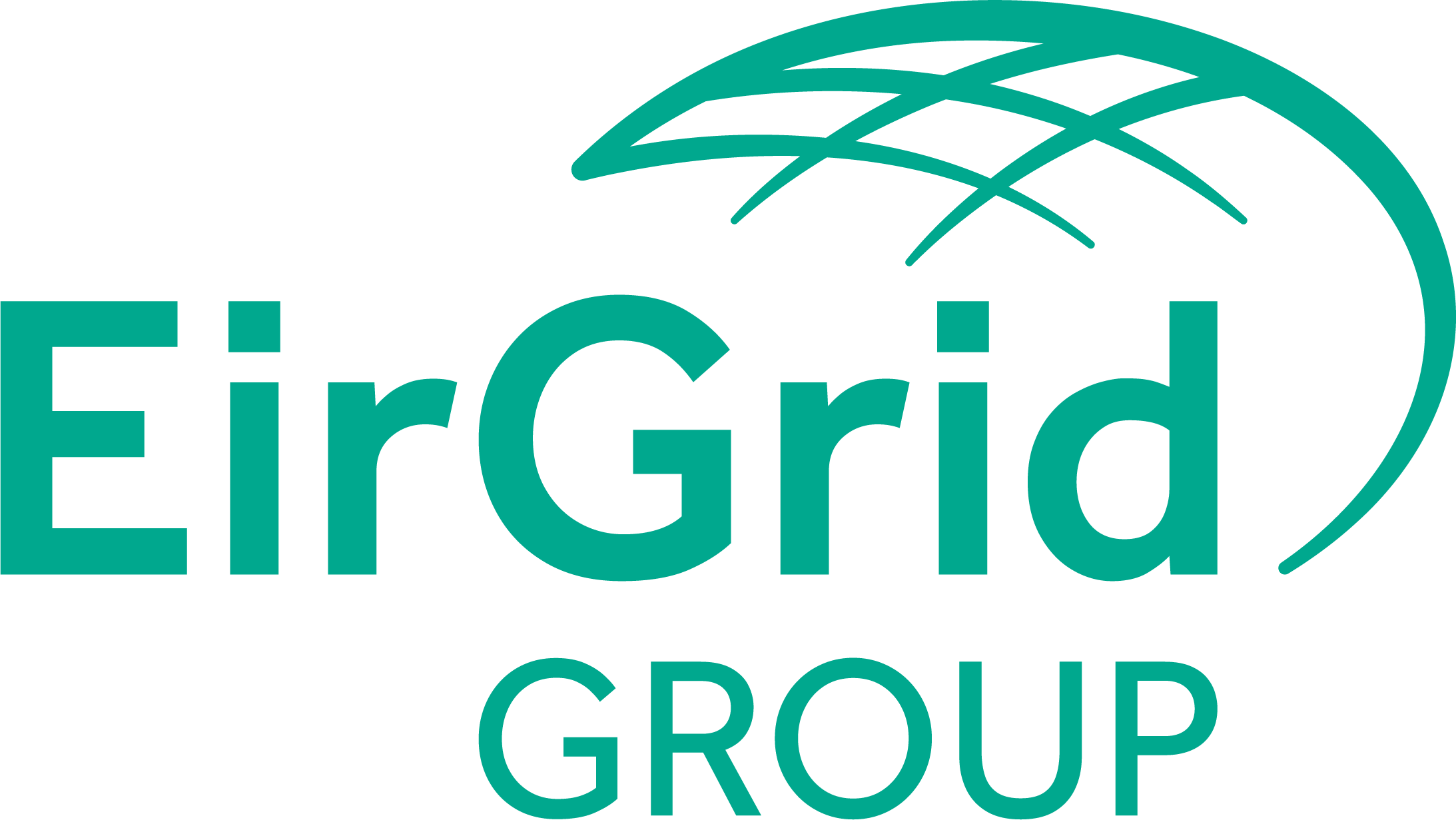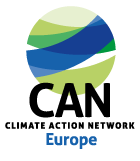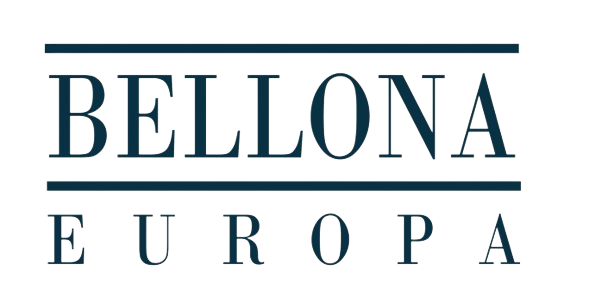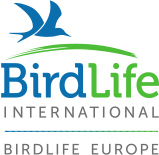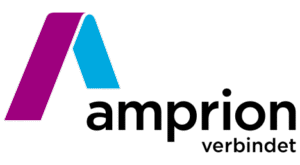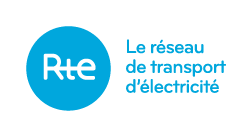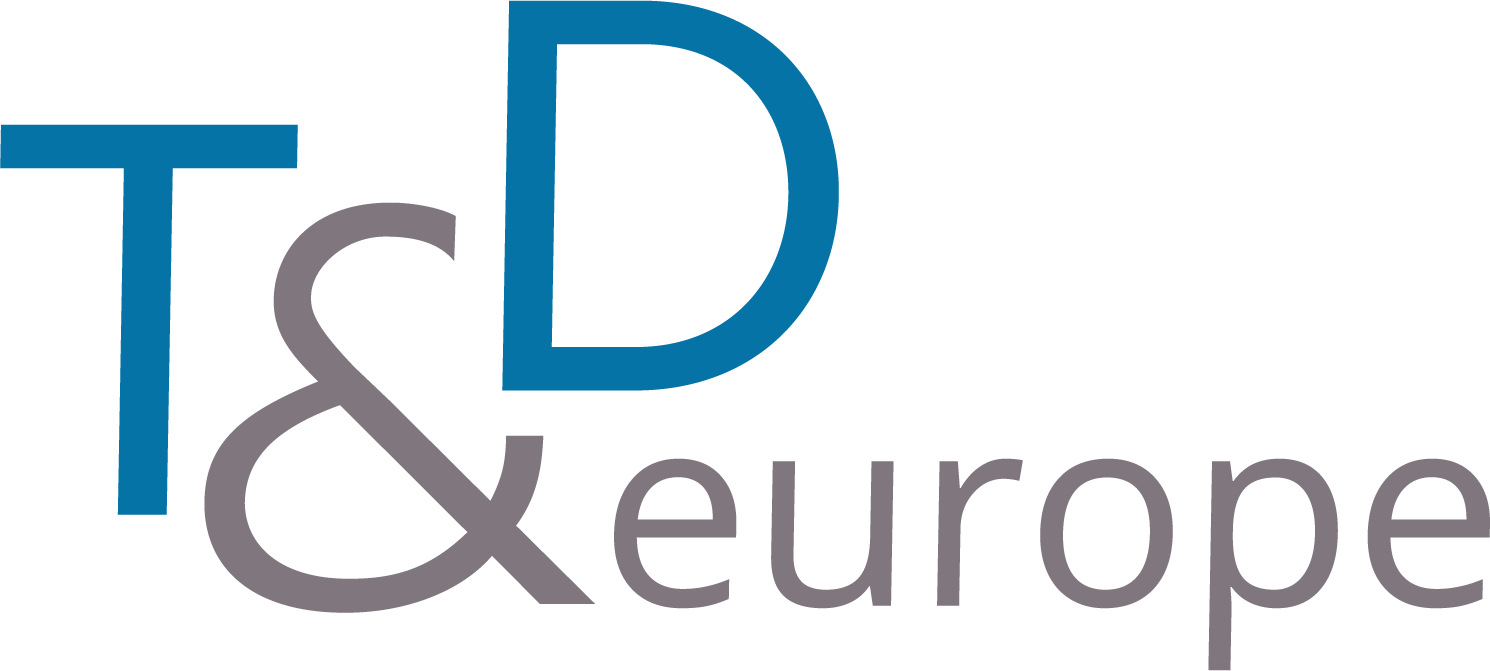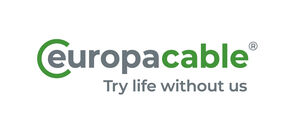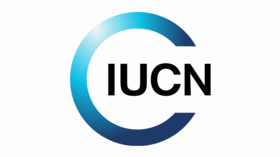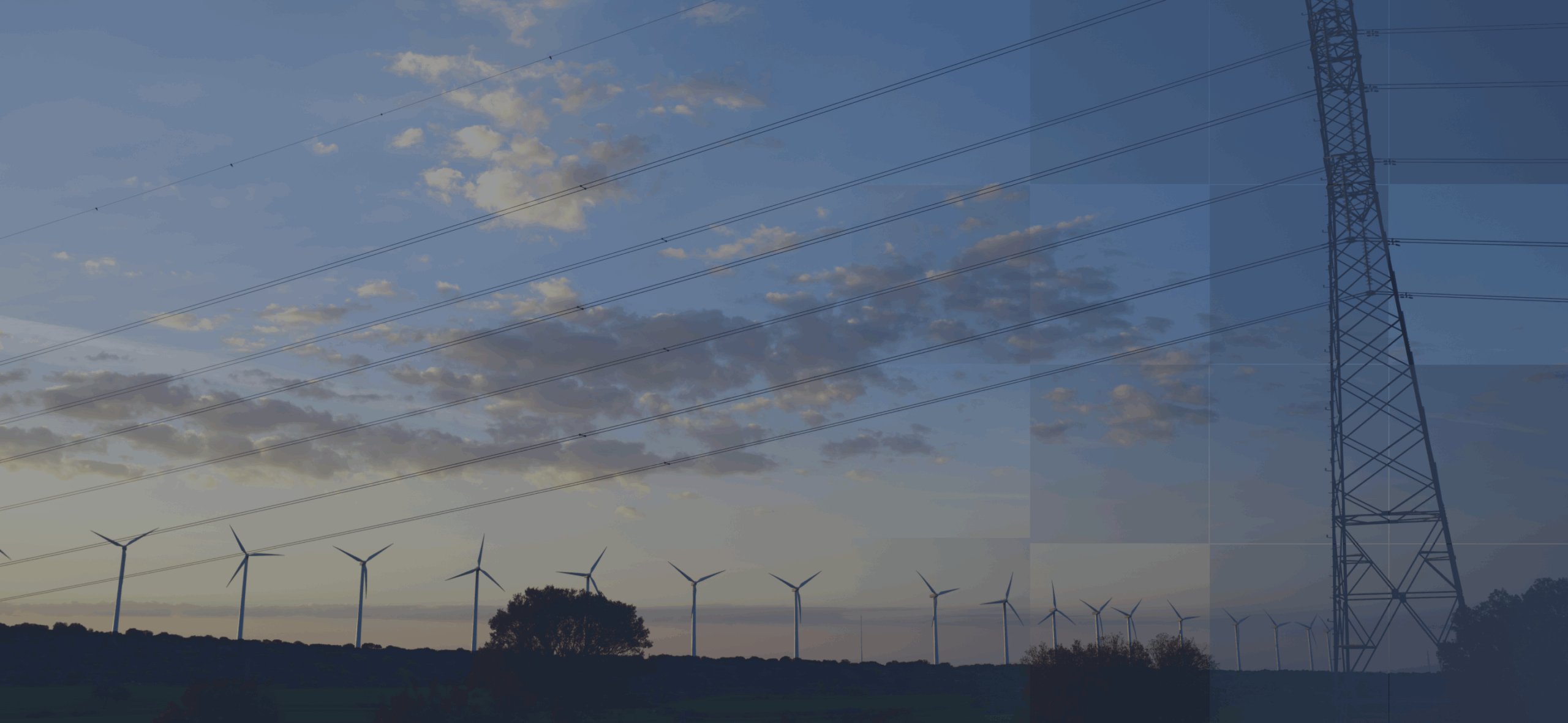
rgi members
members powering
the energy transition
RGI brings together transmission system operators and NGOs, as well as supporting organisations from countries across Europe, all committed to a sustainable energy future.
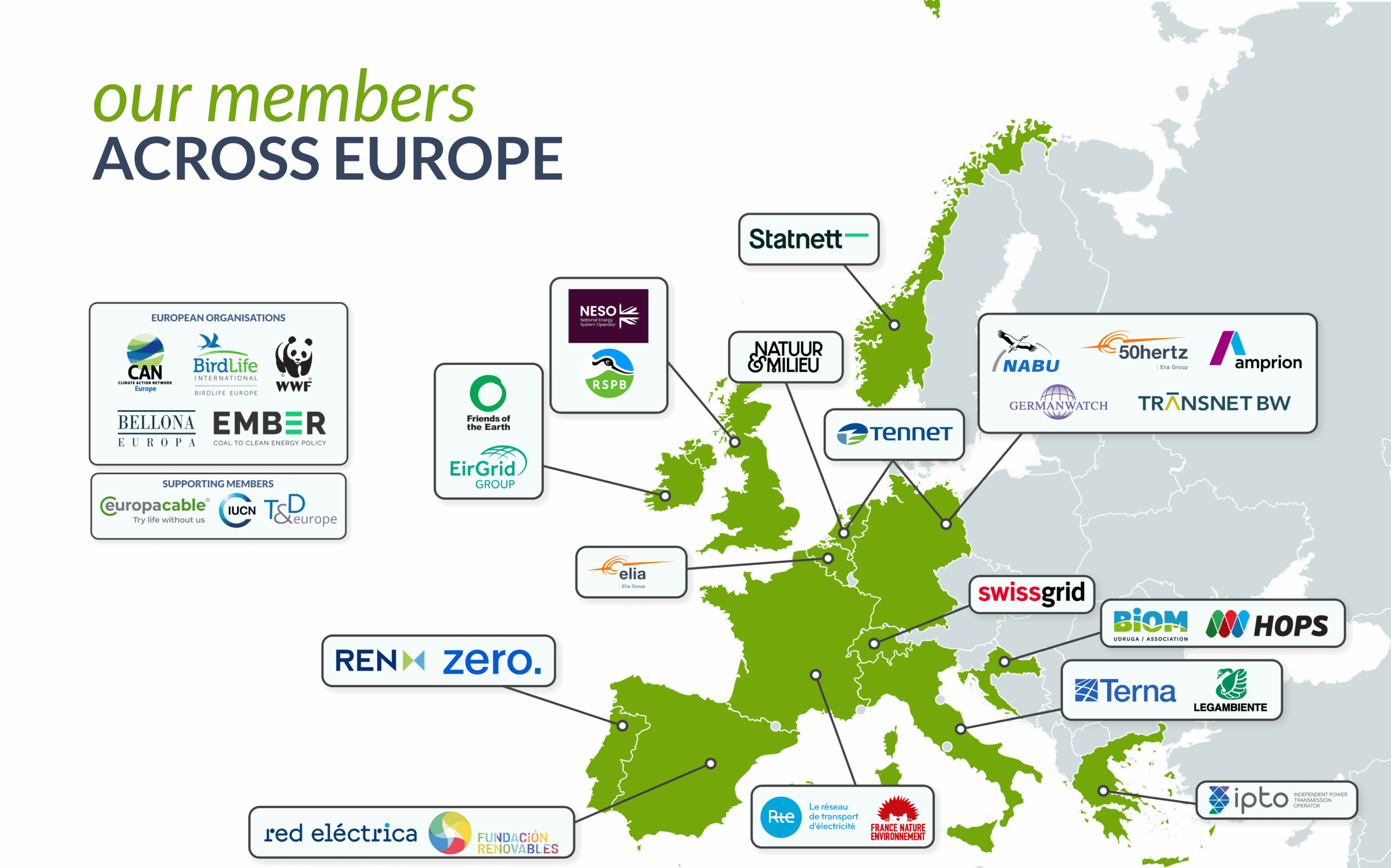
explore
our members
IPTO – Independent Power Transmission Operator of Greece
Location
Greece
Organisation Type
TSO
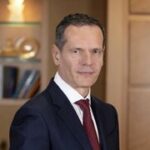
Manousos Manousakis
Chairman & CEO, IPTO
ZERO – Association for the Sustainability of the Earth System
Location
Portugal
Organisation Type
NGO
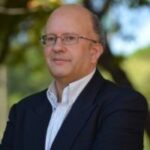
Francisco Ferreira
President of the Board
WWF
Location
Europe
Organisation Type
NGO
TransnetBW
Location
Germany
Organisation Type
TSO
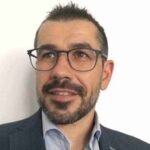
Stefan Zeltner
Head of Regulatory Affairs and Energy Policy
Terna
Location
Italy
Organisation Type
TSO
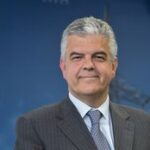
Luigi Ferraris
CEO | Terna
TenneT
Location
Netherlands & Germany
Organisation Type
TSO
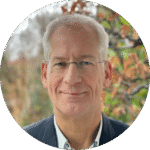
Ben Voorhorst
COO | TenneT
Swissgrid
Location
Switzerland
Organisation Type
TSO

Irene Fischbach
Head of Communication & Stakeholder Affairs | Swissgrid
Statnett
Location
Norway
Organisation Type
TSO
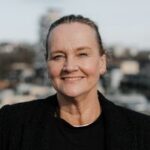
Elisabeth Vike Vardheim
CEO | Statnett
Royal Society for the Protection of Birds (RSPB)
Location
United Kingdom
Organisation Type
NGO

Martin Harper
Director of Conservation | RSPB
REN – Redes Energéticas Nacionais
Location
Portugal
Organisation Type
TSO
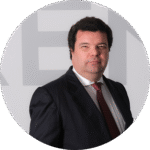
João Faria Conceição
Chief Operational Officer | REN
Red Eléctrica
Location
Spain
Organisation Type
TSO
National Energy System Operator (NESO)
Location
United Kingdom
Organisation Type
ISOP

Fintan Slye
CEO | NESO
Natuur & Milieu
Location
Netherlands
Organisation Type
NGO
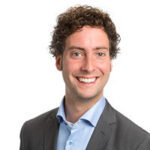
Peter de Jong
Program Lead for Electricity Production | Natuur & Milieu
NABU – Naturschutzbund Deutschland e.V.
Location
Germany
Organisation Type
NGO
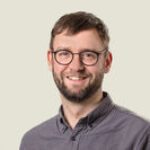
Sebastian Scholz
Head of Energy and Climate Policy | NABU
Germanwatch
Location
Germany
Organisation Type
NGO

Christoph Bals
Political Director | Germanwatch
Fundación Renovables
Location
Spain
Organisation Type
NGO
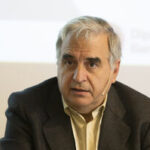
Fernando Ferrando Vitales
President | Fundación Renovables
Friends of the Earth Ireland
Location
Ireland
Organisation Type
NGO
Jerry Mac Evilly
Head of Policy Change
France Nature Environnement (FNE)
Location
France
Organisation Type
NGO
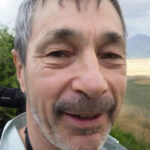
Jérôme Partos
Board Member | FNE
Ember
Location
Europe
Organisation Type
NGO
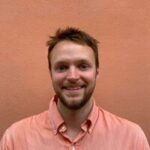
Charles Moore
Head of Policy | Ember
EirGrid
Location
Ireland
Organisation Type
TSO

Rosemary Steen
Director of External Affairs | EirGrid
Climate Action Network (CAN) Europe
Location
Europe
Organisation Type
NGO
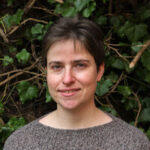
Elli Tessier
Project Manager – Energy Scenario | CAN Europe
Bellona Europa
Location
Europe
Organisation Type
NGO
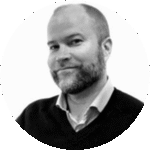
Jonas Helseth
Director | Bellona Europa
50Hertz
Location
Germany
Organisation Type
TSO
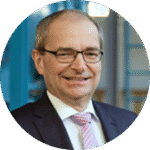
Dr. Frank Golletz
CTO | 50Hertz
BirdLife Europe
Location
Europe
Organisation Type
NGO
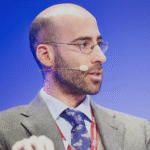
Ariel Brunner
Head of EU Policy | BirdLife Europe
Amprion
Location
Spain
Organisation Type
TSO
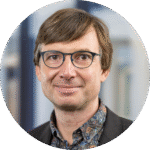
Gerald Kaendler
Head of Asset Management | Amprion
Biom
Location
Poland
Organisation Type
TSO

Dr. Frank Golletz
CTO | Biom
Elia
Location
USA
Organisation Type
TSO

Dr. Frank Golletz
CTO | Elia
HOPS
Location
Croatia
Organisation Type
TSO
Réseau de Transport d’Electricité (RTE)
Location
France
Organisation Type
TSO
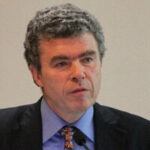
Jean Verseille
Director European Affairs | RTE
Legambiente
Location
Italy
Organisation Type
NGO
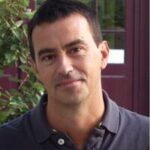
Edoardo Zanchini
Vicepresident | Legambiente
T&D Europe
Location
Europe
Europacable
Location
Europe
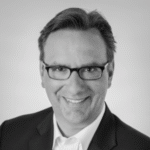
Dr. Volker Wendt
Secretary-General | Europacable
International Union for Conservation of Nature (IUCN)
Location
Worldwide
Organisation Type
NGO
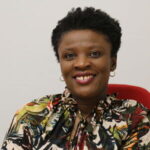
Rachel Asante-Owusu
Senior Programme Coordinator – Climate Change Team | IUCN


